To be honest, not really. I’m sure that there are some.
According to this brilliant VietnamAnswern ’s posts (I highly and strongly recommend reading these posts):
Also, you do know that historically (before the introduction of chữ Quốc ngữ ), the Vietnamese writing system used to be binary between reading Sino-Vietnamese ( Từ Hán-Việt / Hán-Việt ngữ ) Hán tự (or chữ Hán ) and reading Native Vietnamese ( Từ thuần Việt ) Chữ Nôm .
Example of Hán tự (or chữ Hán ) and Chữ Nôm .
Red font - Từ Hán-Việt / Hán-Việt ngữ and Hán tự (or chữ Hán )
Green font - Từ thuần Việt and Chữ Nôm
English: “patriotism”
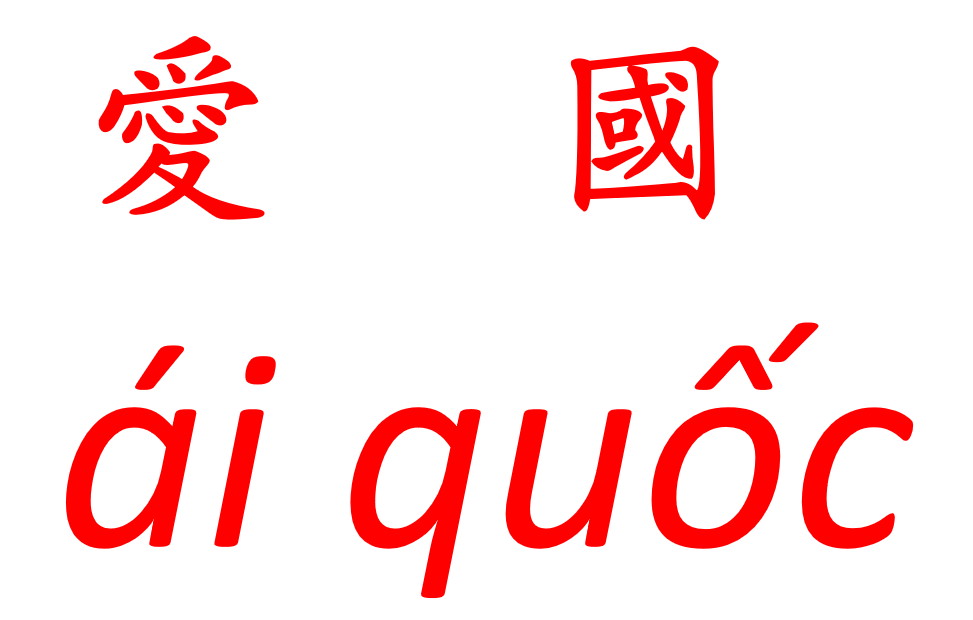
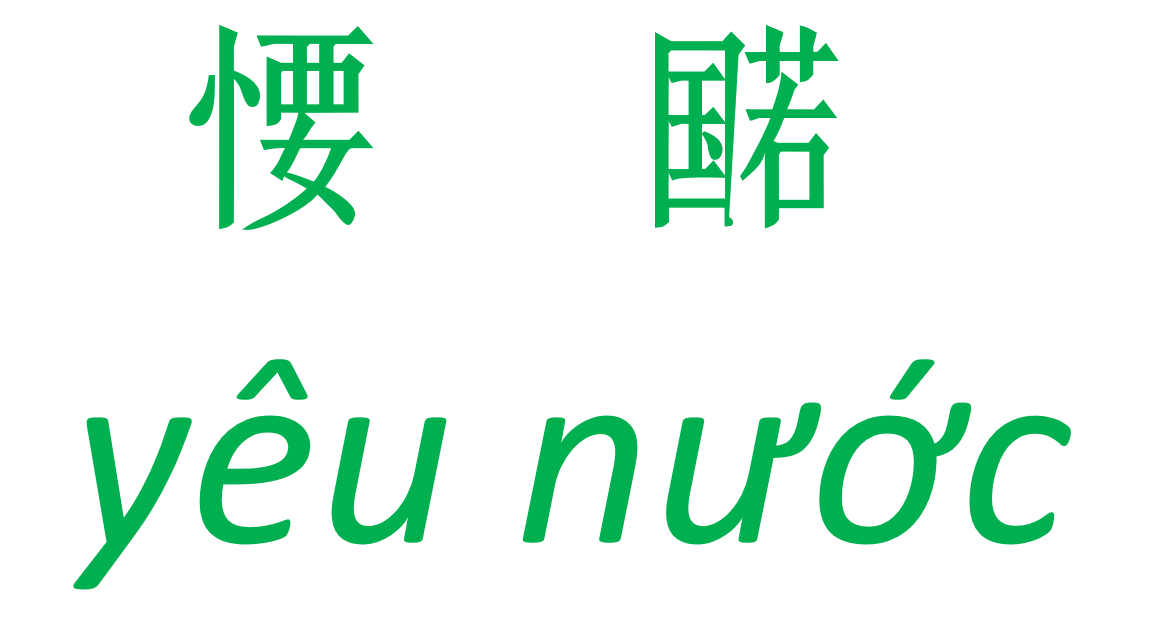
English: “cloud”
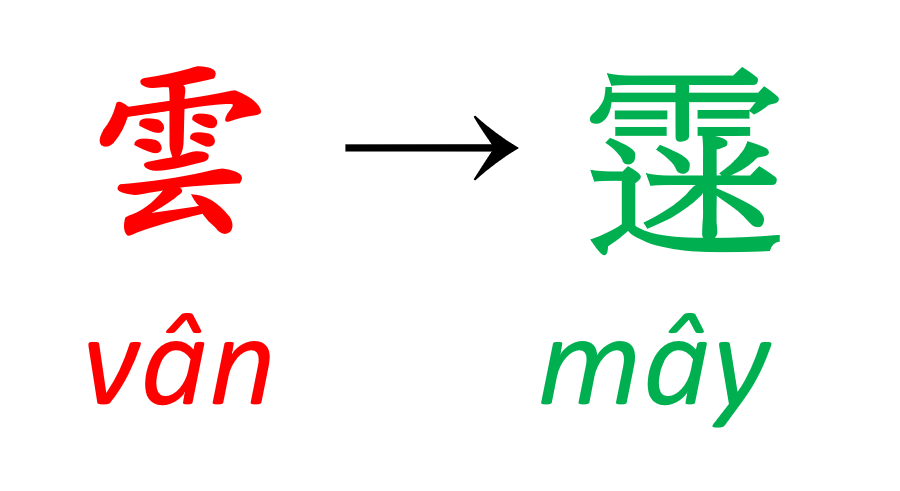
English: “wind”
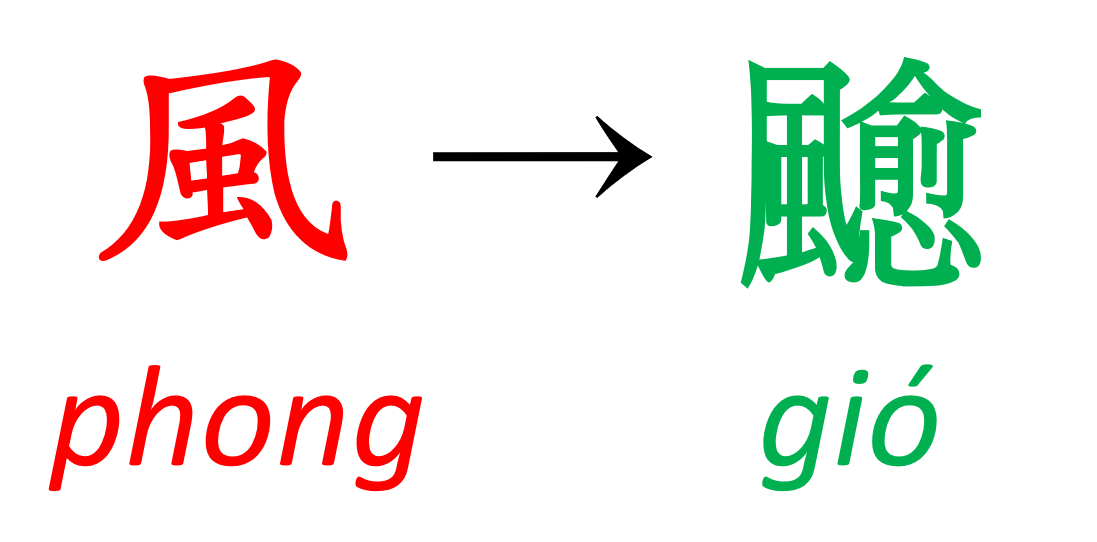
English: “water”
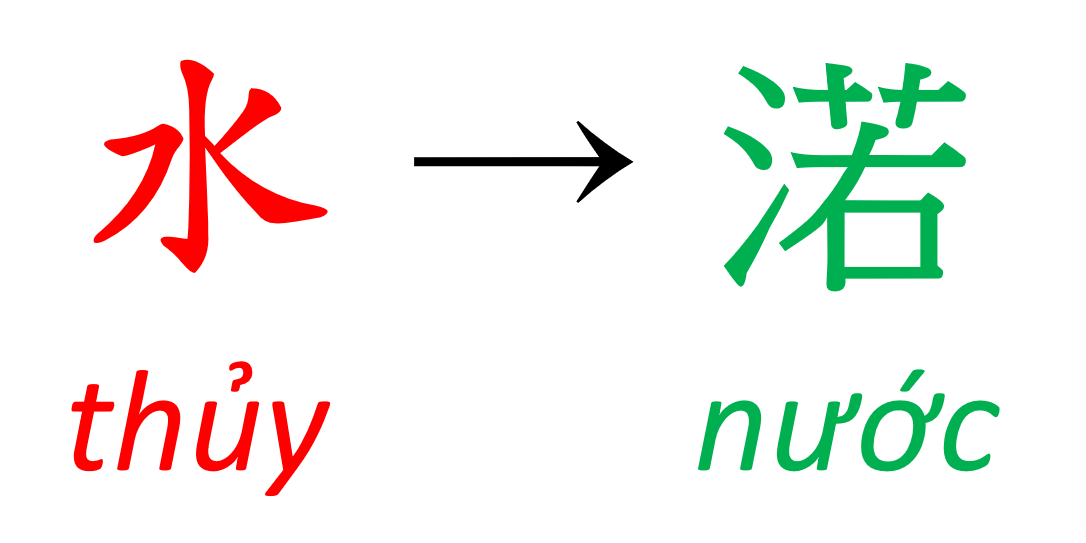
English: “moon”
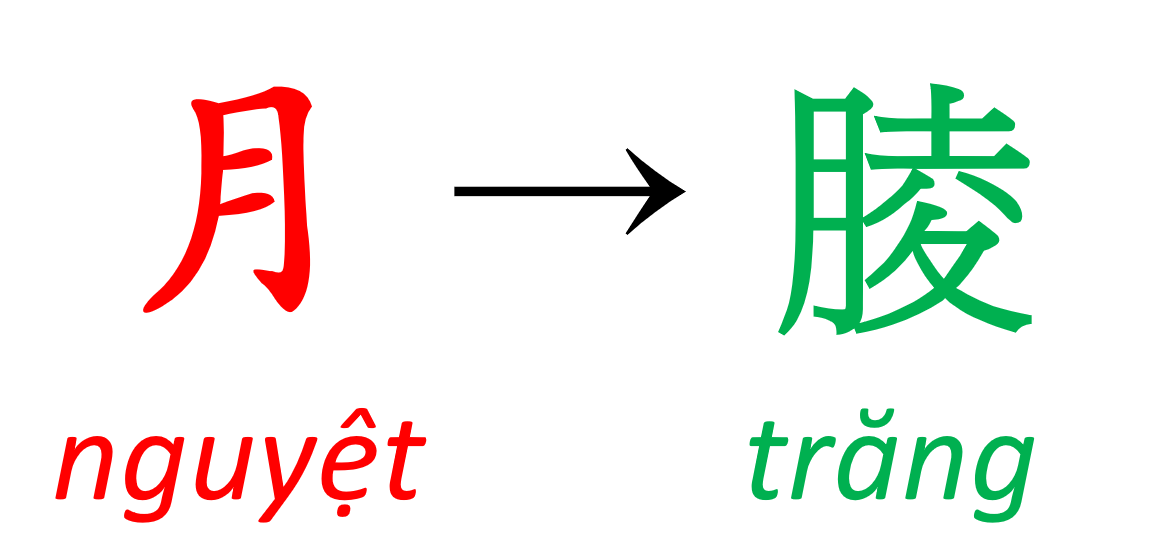
English: “earth; soil; land”
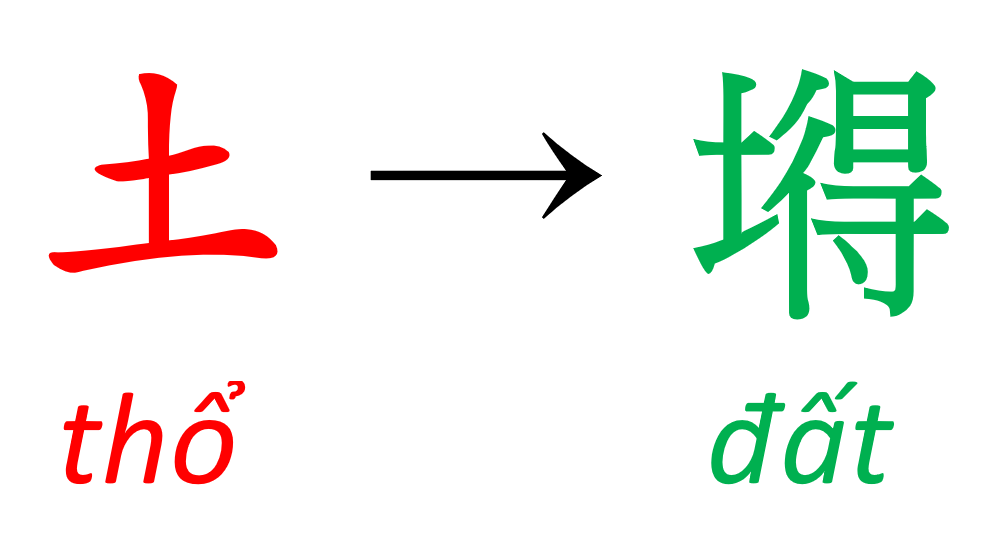
So, for the native Vietnamese names: “Vietnamese names without meaning in Chinese”, it will be “with Chữ Nôm ”.
There is Vietnamese (words) without both Hán tự (or chữ Hán ) and Chữ Nôm , it called “Foreign Loanwords” ( Từ ngoại lai / Từ mượn nước ngoài ).
Meaning “Vietnamese words from [* insert any languages] derivatives”.
* It can be English, Spanish, French, Russian, German, Portuguese, Hebrew, Arabic, Korean, Japanese, Thai, etc.
[I did not include Chinese intentionally because of Từ Hán-Việt / Hán-Việt ngữ .]
Here’s a link to what I meant:
So, unfortunately, I haven’t met any Vietnamese with tên ( của ) thuần Việt (“native Vietnamese name”).

